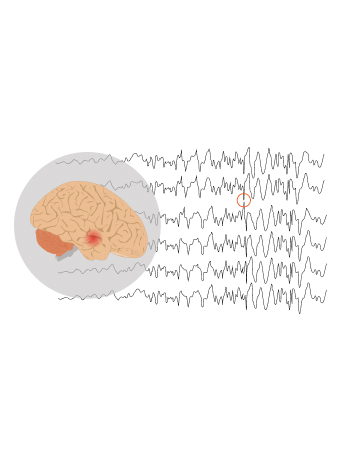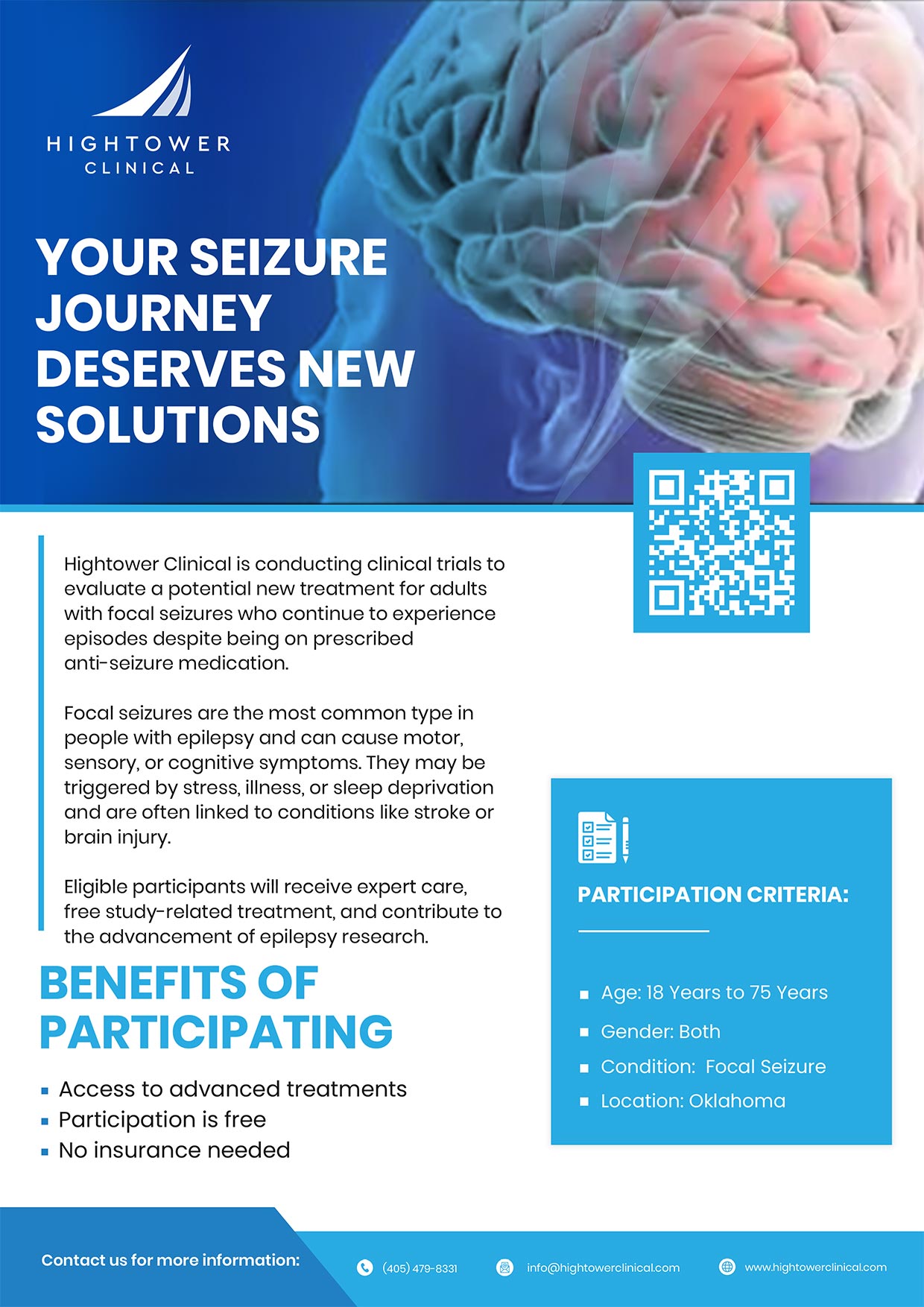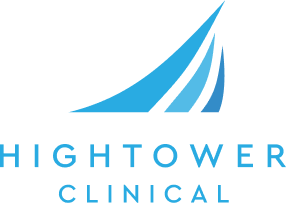Focal seizures can be triggered by various factors such as sleep deprivation, illness, abnormal blood sugar levels (either high or low), dehydration, and electrolyte imbalances. Other potential triggers include exposure to flashing lights, alcohol or drug use, and high levels of stress.
Focal Seizure Clinical Trials
Hightower Clinical is committed to advancing treatment options for focal seizures through clinical trials, helping discover new therapies to better manage your condition.
Enroll Now
Managing Focal Seizures?
Explore New Possibilities Through Clinical Trials
Focal seizures, formerly known as partial seizures, are the most common type of seizures in people with epilepsy. These seizures originate in a specific area of the brain and typically affect only one side of the body. Unlike generalized seizures, which involve both brain hemispheres, focal seizures can range from mild sensory disturbances to more noticeable physical symptoms. They are often linked to underlying conditions such as stroke, head injuries, or brain infections.
To help improve treatment options, Hightower Clinical is conducting clinical trials aimed at evaluating the efficacy and safety of an investigational drug in adults with focal seizures.
These trials offer eligible participants access to advanced care while contributing to critical research that may lead to more effective therapies. If successful, the investigational drug could represent a promising step forward in managing focal seizures more effectively.
Seizures
| Study Name | Protocol Number | Sponsor |
|---|---|---|
| Focal Seizures | POWER 1 PRAX-628-321 | Praxis Precision Medicines |
Facing Seizures Despite Medication?
Hightower Clinical is conducting clinical trials to evaluate a potential new treatment for adults with focal seizures who continue to experience episodes despite taking 1–3 anti-seizure medications. These seizures, which originate in one area of the brain, can cause a wide range of symptoms including motor disturbances, sensory changes, and impaired awareness.
Participants in the study will receive expert care, free study-related treatment, and help advance epilepsy research.
Focal seizures are the most common type in people with epilepsy and may be caused by underlying conditions such as stroke or brain injuries. They can be triggered by factors like sleep deprivation, illness, blood sugar imbalances, dehydration, or stress.
While medication remains the standard treatment, options like diet therapy, nerve stimulation, or surgery may be explored based on seizure severity
Advancing Epilepsy Treatment: Now Enrolling Participants
A new clinical research study is underway to evaluate the safety and effectiveness of a potential treatment for adults living with epilepsy. This multicenter trial is designed for individuals currently taking 1 to 3 anti-seizure medications and still experiencing seizures.
The goal of the study is to assess whether adding this investigational treatment can provide better seizure control and improve the quality of life for participants.
Study-related care is provided at no cost. Participants receive attentive care from expert physicians and healthcare professionals through comprehensive physical exams and regular assessments.


Age
18 Years to 75 Years
Gender
Both
Condition
Focal Seizure
Current Status
Recruiting
What Are the Symptoms of Focal Seizures?
Focal seizure symptoms vary based on the type of seizure and where it originates in the brain. There are three main types:
Focal Aware Seizures
Also called simple focal or simple partial seizures, these do not affect awareness. The person stays fully conscious and may experience an aura—which, in this case, is the seizure itself.
Focal Impaired Awareness Seizures
Previously known as complex partial seizures, these affect awareness and may cause confusion or lack of responsiveness.
Auras can precede the loss of awareness. These seizures typically last less than three minutes and are the most common type, accounting for about 36% of all seizures.
Focal to Bilateral Tonic-Clonic Seizures
Formerly called generalized tonic-clonic seizures, these start in one part of the brain and spread to both sides, leading to full-body convulsions and muscle stiffening.
Focal seizures can also produce a range of symptoms categorized into four main groups:
- Motor Symptoms – Involuntary movements such as jerking, twitching, or muscle stiffening
- Sensory Symptoms – Unusual sensations like tingling, visual disturbances, or hearing sounds that aren’t there
- Autonomic Symptoms – Involuntary changes in heart rate, breathing, or digestion
- Cognitive Symptoms – Issues with speech, memory, awareness, or emotions
Some seizures may involve symptoms from multiple categories at once.
Frequently Asked Questions
What stops focal seizures?
Focal seizures start in one part of the brain but can spread and become generalized. Medication is the most common treatment, though doctors may also suggest diet therapy, nerve stimulation, or surgery based on the seizure type and severity.
Can seizures be caused by stress?
Unmanaged stress or ongoing anxiety can trigger epileptic seizures. Stress affects hormone levels and can impact brain regions involved in both emotion and seizure activity.




